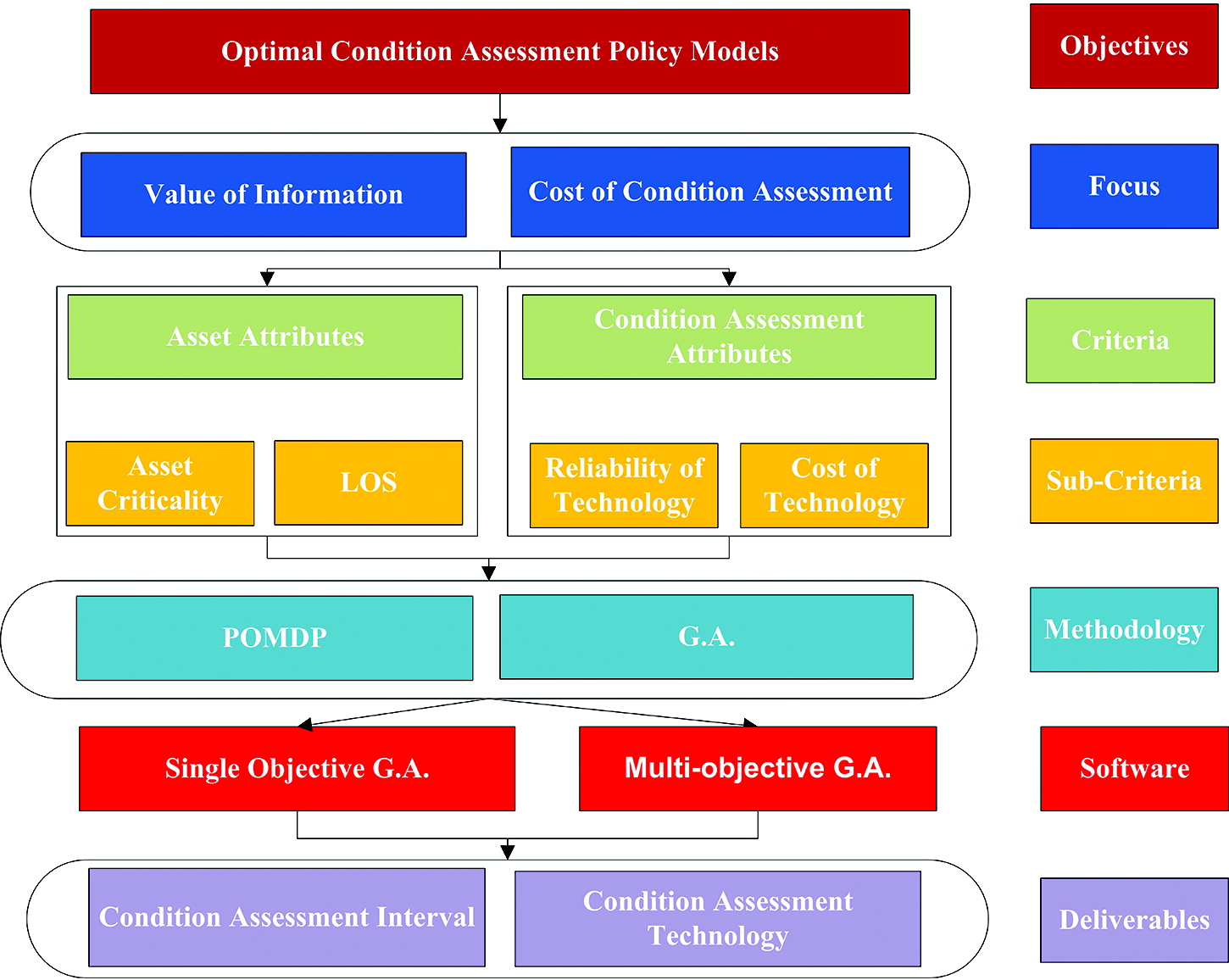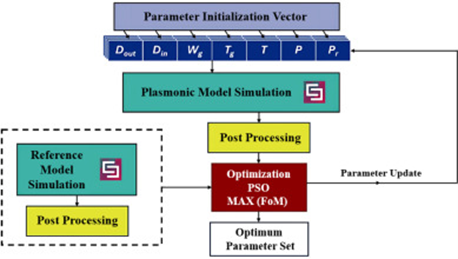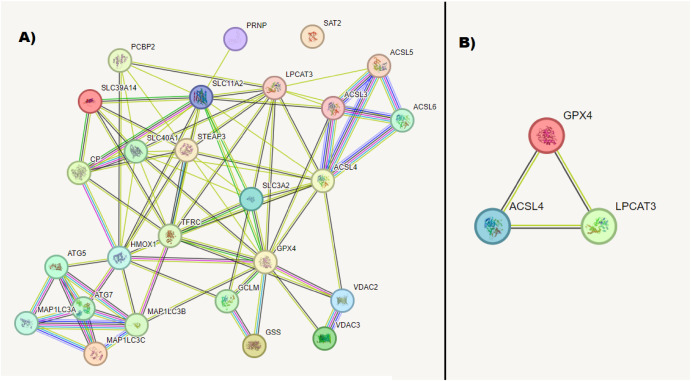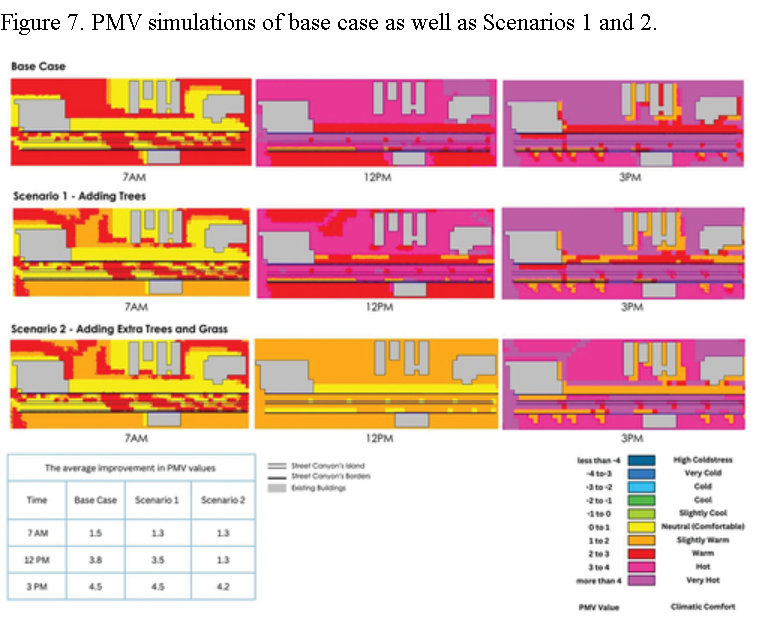

Multiobjective genetic algorithm to allocate budgetary resources for condition assessment of water and sewer networks
This paper presents a framework for optimizing condition assessment policies by balancing the revealed value of information with the cost of obtaining such information. The computational platform is based on augmenting the asset condition state with an expected level of accuracy. Inaccuracies due to condition assessment reliability are evaluated using the partially observable Markov decision process. The single objective genetic algorithm is used to select the most cost-effective assets to assess considering information inaccuracy under a fixed budget. The model is extended using multiobjective genetic algorithms and fuzzy set theory to include minimizing the risk exposure based on asset consequence of failure. This methodology takes into consideration direct and indirect costs of sudden infrastructure failure and reduced level of service costs. A case study is presented using the City of Hamilton, Canada, water network to demonstrate the capabilities of the model.



